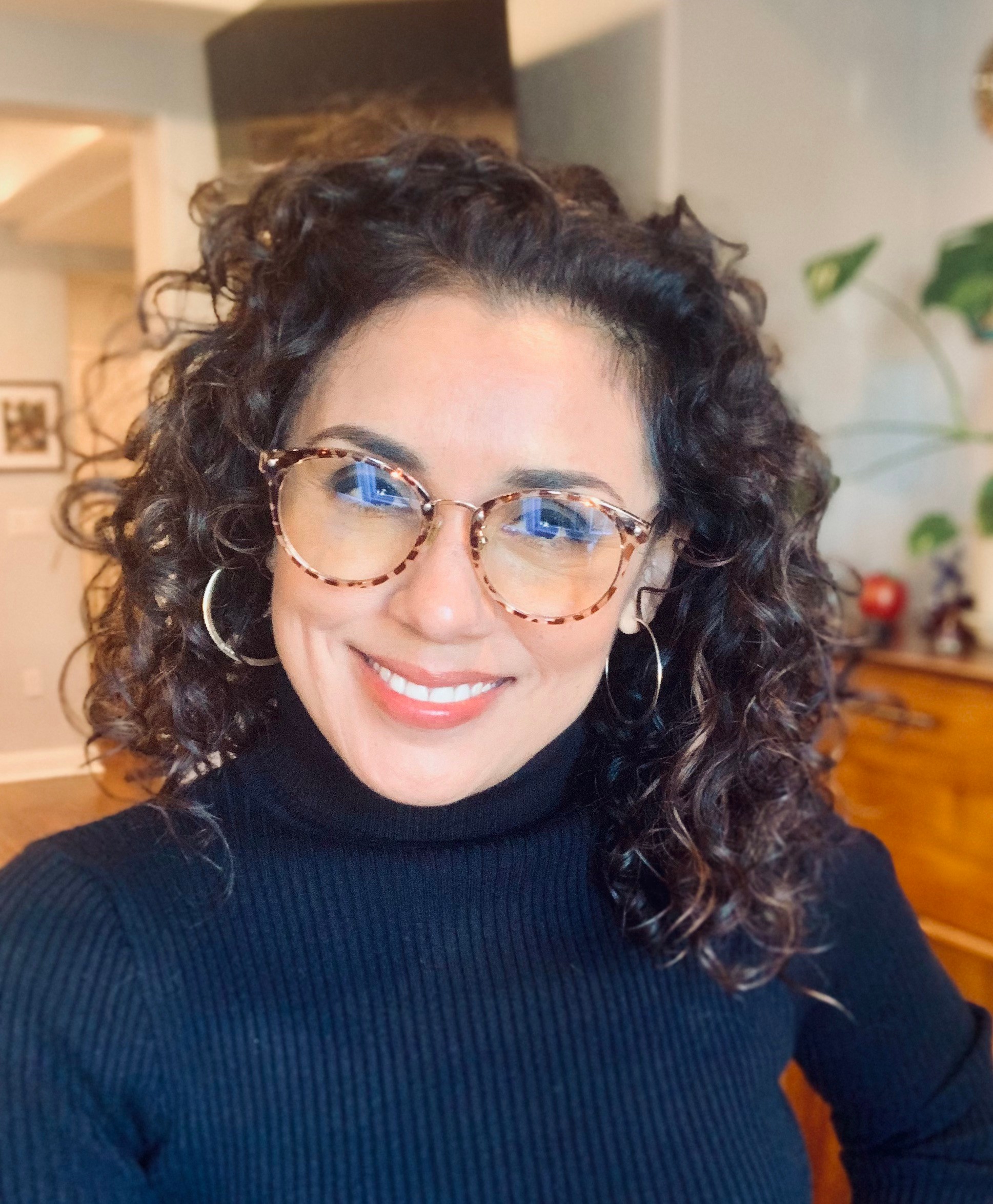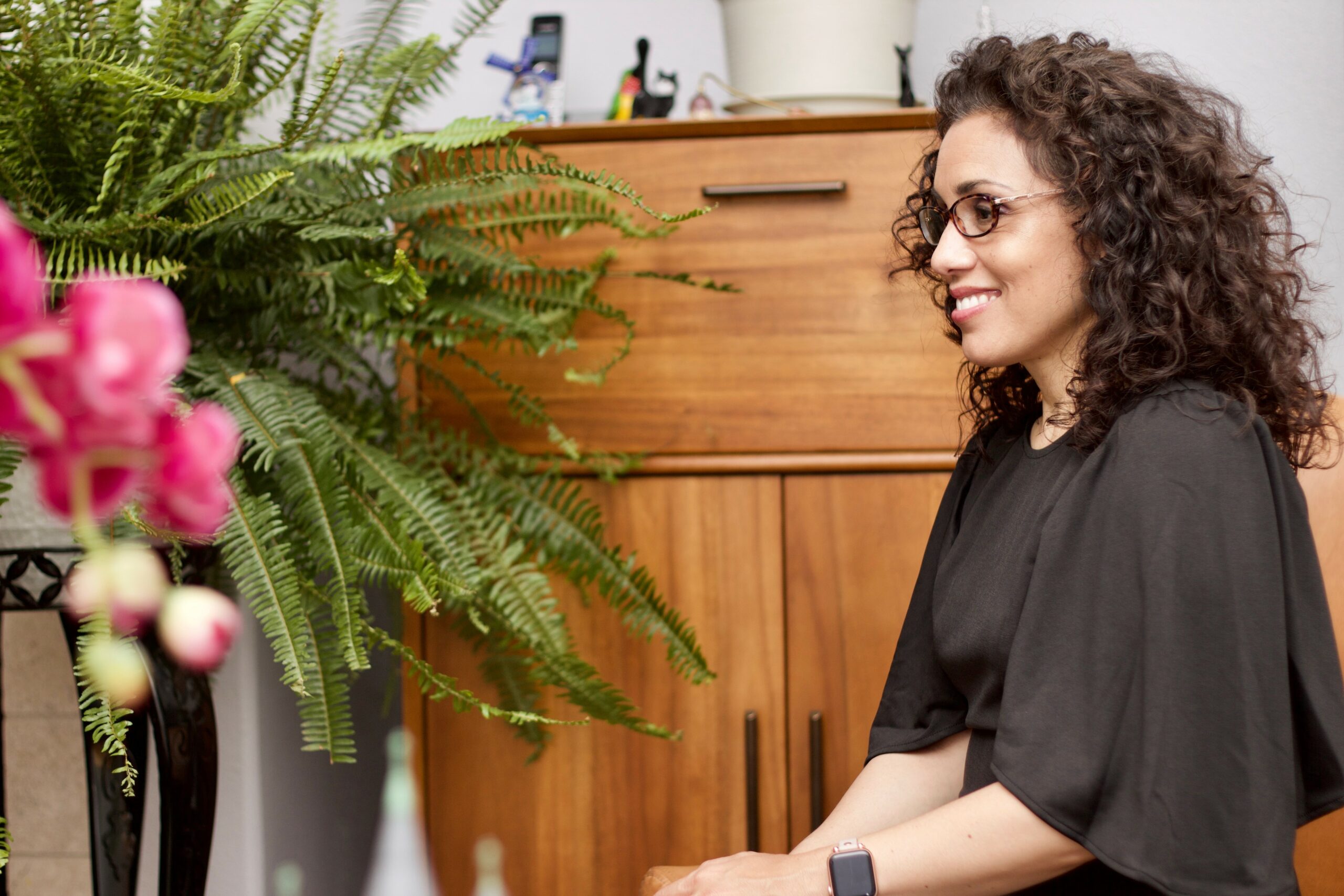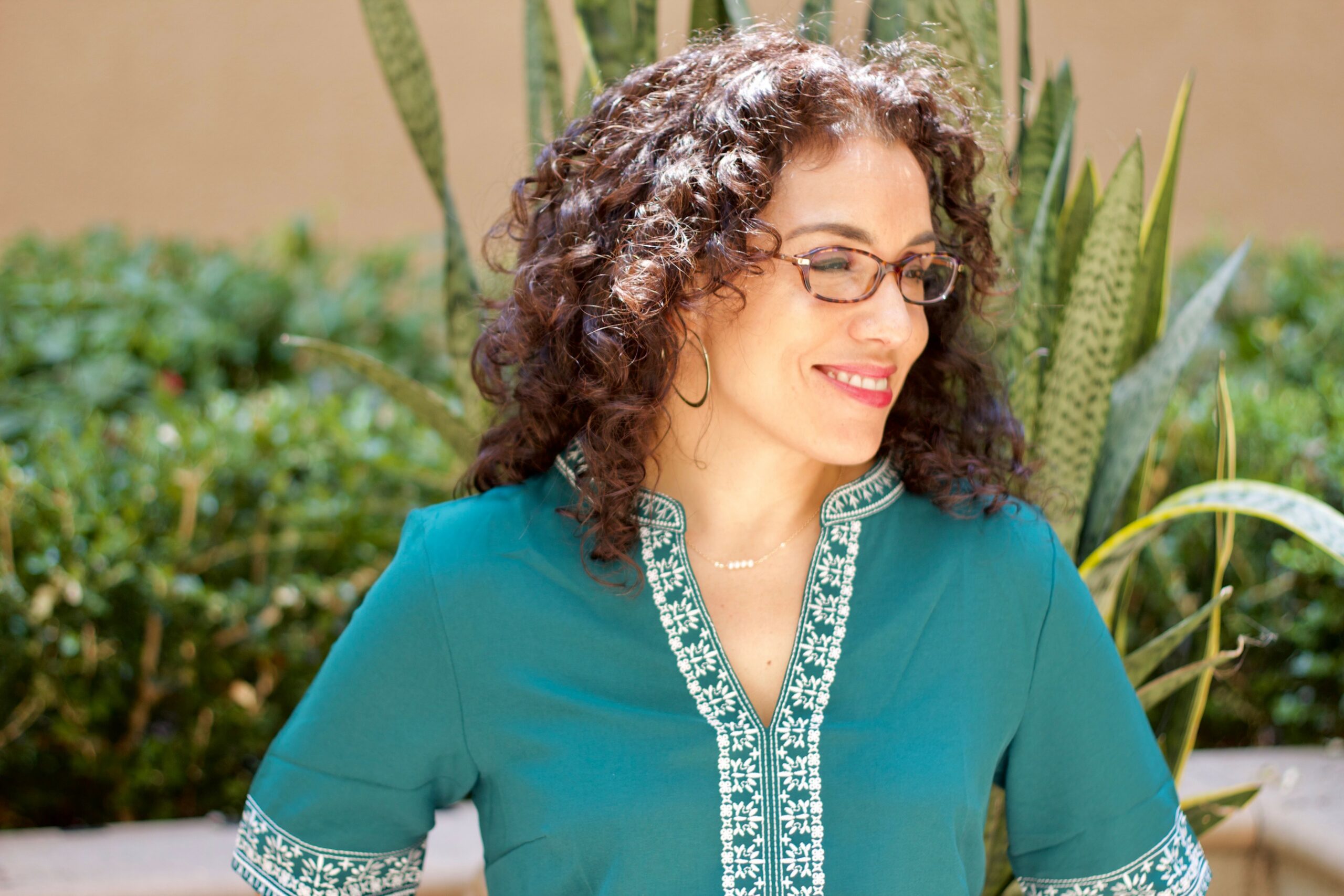Alright – so today we’ve got the honor of introducing you to Valeska Cosci. We think you’ll enjoy our conversation, we’ve shared it below.
Valeska, first a big thank you for taking the time to share your thoughts and insights with us today. I’m sure many of our readers will benefit from your wisdom, and one of the areas where we think your insight might be most helpful is related to imposter syndrome. Imposter syndrome is holding so many people back from reaching their true and highest potential and so we’d love to hear about your journey and how you overcame imposter syndrome.
I think I struggled with imposter syndrome well before I knew there was a label for it. There were many firsts in my life from a very young age: fist generation Nicaragua-American, eldest daughter of immigrants, first to attend college and first to branch out in the professional work world.
Socially and professionally I had many moments of feeling like an outsider and that I was a fraud. The early seeds of self doubt began when I was in spaces that were not familiar to me such as in academia and in professional environments where I was the only Latina college graduate or only Latina professional. Unfortunately, I did not grow up with role models that looked like me nor did I encounter mentors who paved the way before me to guide me through this process of imposter syndrome. These experiences and realizations intensified my self doubt and timidness, questioning whether I belonged in these spaces. I knew I had to forge my own way.
From a young age I was raised to believe that I must go to college and get a good job to pay the bills. This expectation left a deep imprint and the bar was set high for me to succeed. While in college I didn’t realize how overwhelming it was; the classes and campus were large and my family’s expectation to excel was high regardless of how I felt. I remember a wave of fear of speaking up in a college class, so much so that I would silence myself. I was scared to take risks and didn’t think I had anything of value to contribute. I started to think I wasn’t smart enough and I noticed there were not many people of color in my classes. I began to think I truly didn’t belong.
Similar thoughts and feelings occurred when I entered the work force in a professional role. That fear of the unknown, advocating for myself in a meeting full of professionals was overpowering and there were times that I didn’t express myself for fear of not articulating my thoughts well enough or fearing being judged. Even with all my qualifications, I got into the colleges I wanted, landed my jobs, I knew I earned my way there, yet I still struggled with feelings of incompetence and that I didn’t belong.
I had to learn to work and feel my way through the discomfort of presenting, of being a speaker, of disagreeing with others. There were times I quieted myself to avoid discomfort, but in doing so I was becoming increasingly resentful and frustrated. As a bicultural and bilingual woman I was self-conscious of my choice of words and wanted to communicate in a way that was familiar to my audience. Sometimes that meant I had to code-switch and remind myself to sound formal or proper.
Overcoming imposter syndrome has been a gradual process. As I become older and wiser, I learned that Imposter syndrome is a fairly common phenomenon where individuals doubt their accomplishments and have a constant fear of being exposed as a fraud. It’s often accompanied with anxiety, feeling the need to be perfect at every task or project, low self-esteem, negative thoughts and can be quite paralyzing if not addressed and managed. I’ve also learned that in some work environments, my imposter syndrome wasn’t entirely an internal experience. There were other external forces at play that that contributed to me overworking and not feeling good enough. These particular systems had a culture of overworking, poor boundaries and burnout which only exacerbated my imposter syndrome. When it came to teasing out the difference of whether it was me or my environment contributing to imposter syndrome, I sought professional help to reclaim my confidence and improve my wellbeing.
Appreciate the insights and wisdom. Before we dig deeper and ask you about the skills that matter and more, maybe you can tell our readers about yourself?
Currently, I am a seasoned licensed psychotherapist and am the owner of my virtual private practice. I’ve been in the mental health field over twenty five years and I find it especially fulfilling and rewarding. My purpose and my why has been to be of service, to help others with their mental health struggles to live a life where they can embrace their full authentic selves. I am proud to be a therapist who is also a bilingual woman of color and can provide culturally affirming care to underrepresented groups. I love connecting with other professionals in the field and get excited learning new techniques and ways to help my clients.
If you had to pick three qualities that are most important to develop, which three would you say matter most?
When I reflect back on my journey in early adulthood, what was most impactful was my commitment to be patient and not give up, even at my most vulnerable. Patience, self-compassion and seeking support in community has helped me strive for my goals when I thought I didn’t have it in me. My journey with imposter syndrome has been a phenomena that has lasted off and on for years, but it was also a period of positive growth and increased confidence that comes with experiencing life. It’s important to keep in mind that Imposter Syndrome is just a stepping stone to greater awareness and a flexible, growth mindset.
Before we go, maybe you can tell us a bit about your parents and what you feel was the most impactful thing they did for you?
The most impactful thing my parents did was coming to this country to seek opportunities for themselves and their children they wouldn’t have had otherwise. As traumatic as coming to a new country can be for many, their resilience and perseverance inspired me to believe that possibilities exist and can be created. They were living examples of persons who faced their fears and kept going, despite barriers and obstacles that comes with being an immigrant. It was their dream to reach their goals in this country and for their children to have as much access and opportunity as possible.
Contact Info:
- Website: https://www.renewthrutherapy.com/
- Instagram: https://www.instagram.com/renew.thru.therapy/
- Facebook: https://www.facebook.com/renew.thru.therapy
- Linkedin: https://www.linkedin.com/in/renewthrutherapy/







